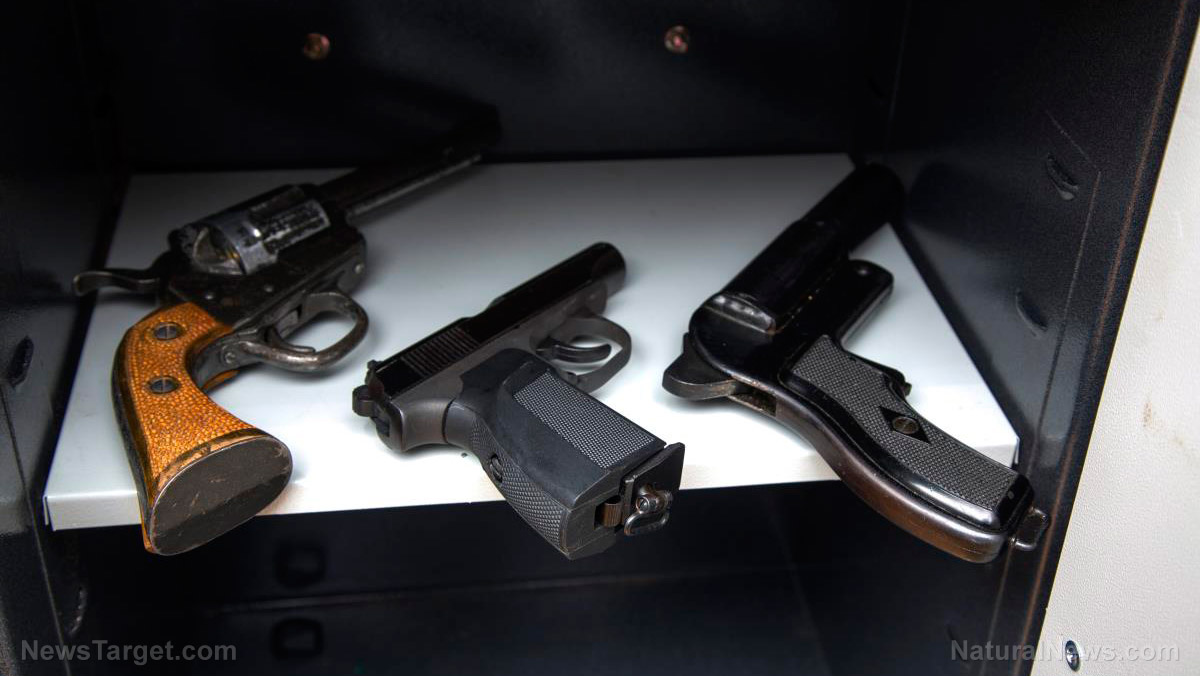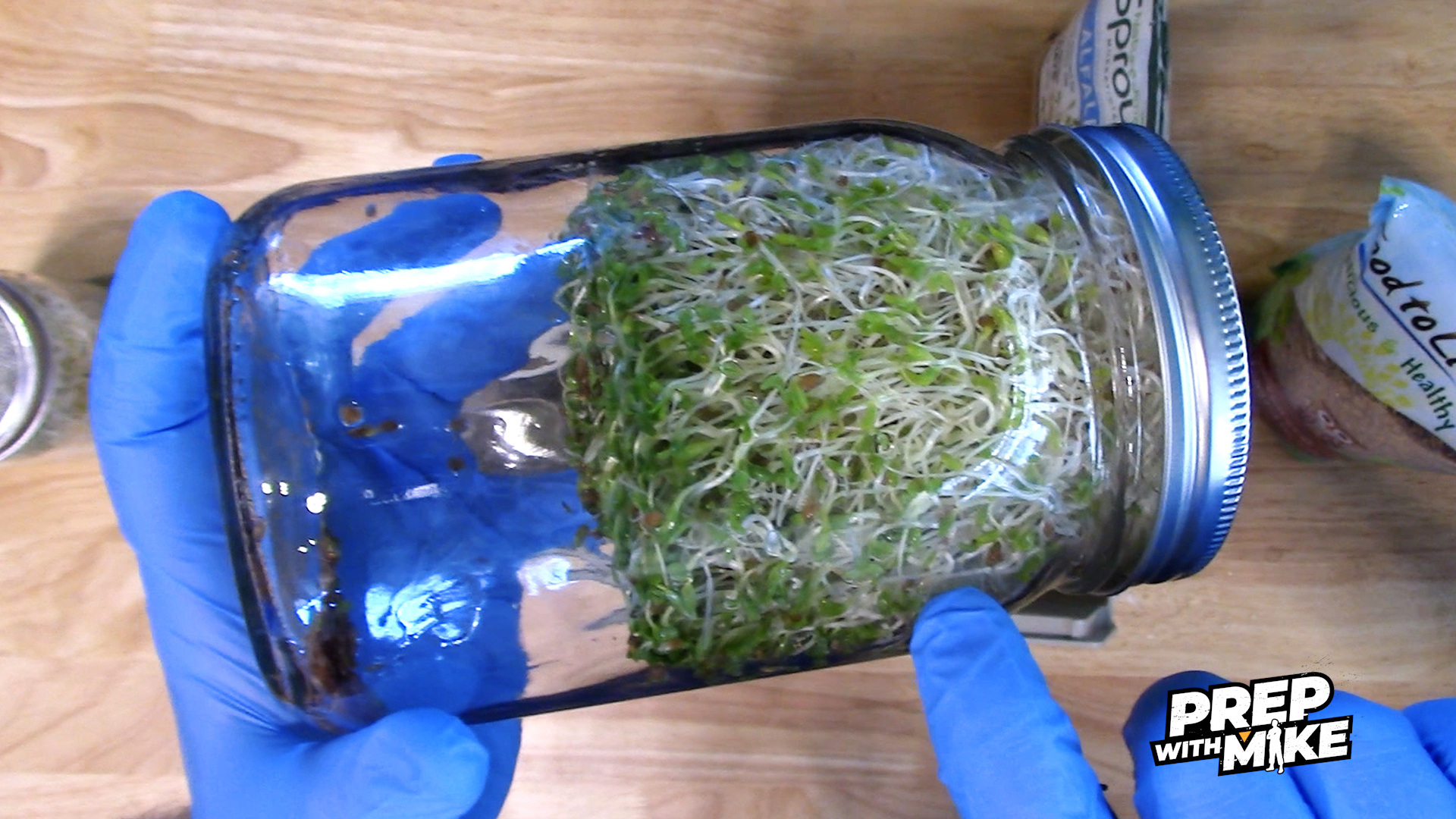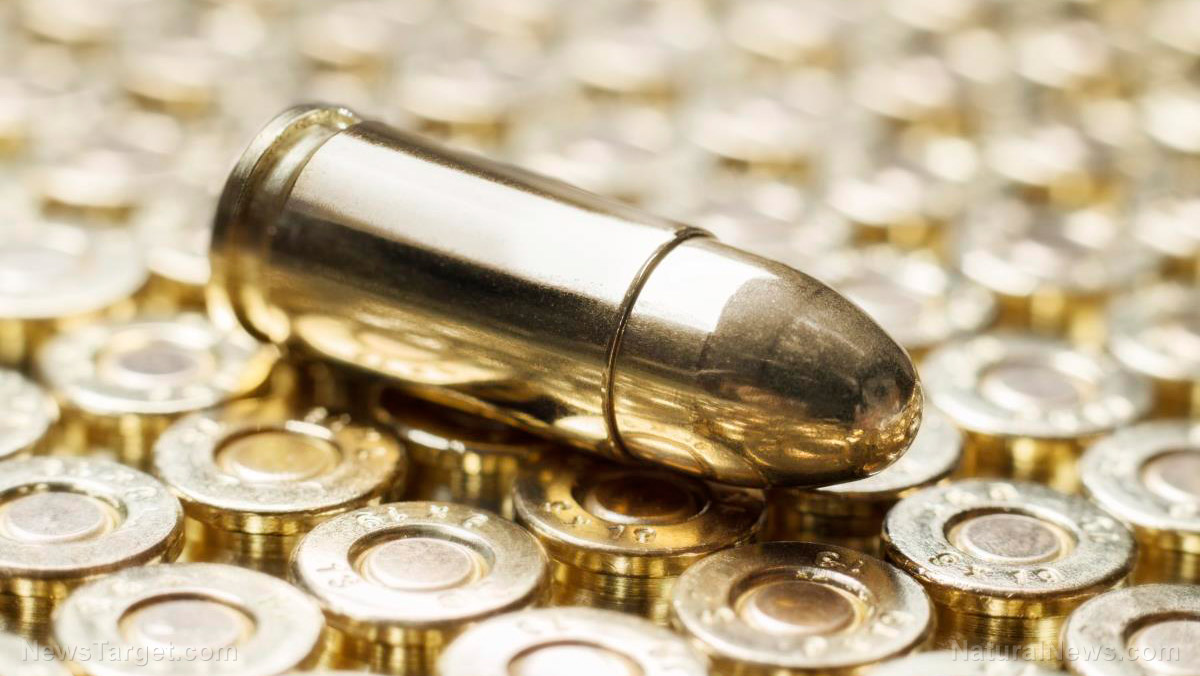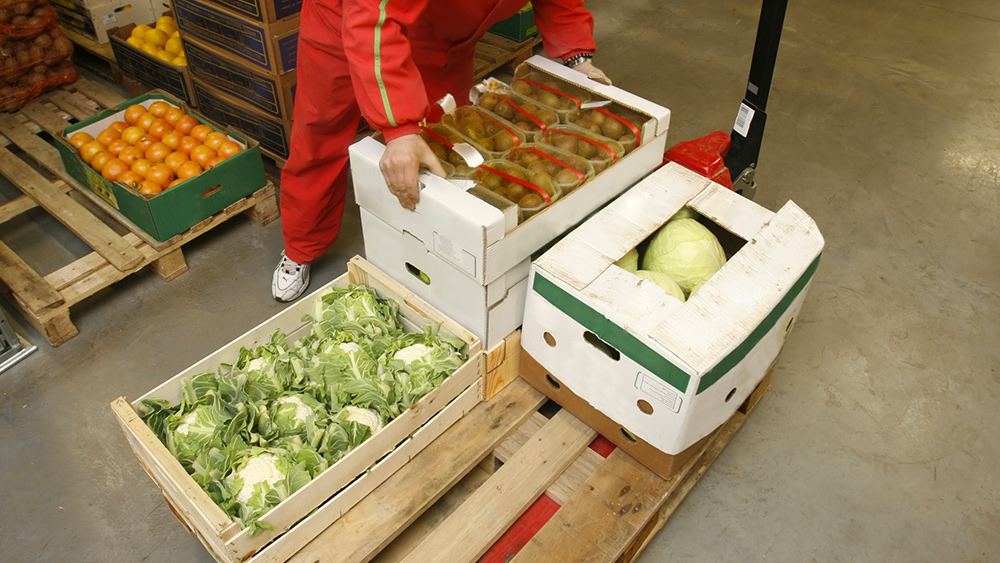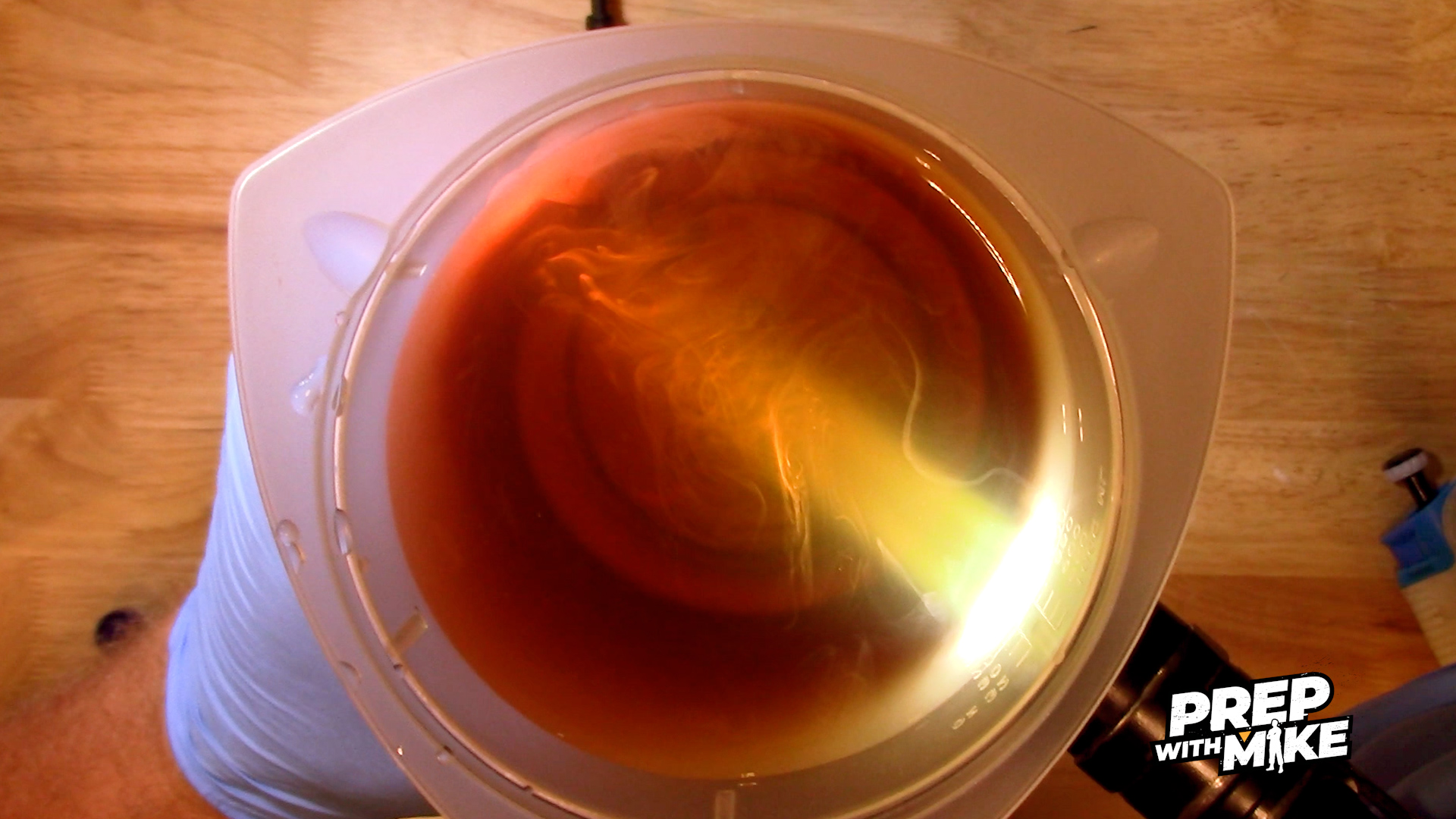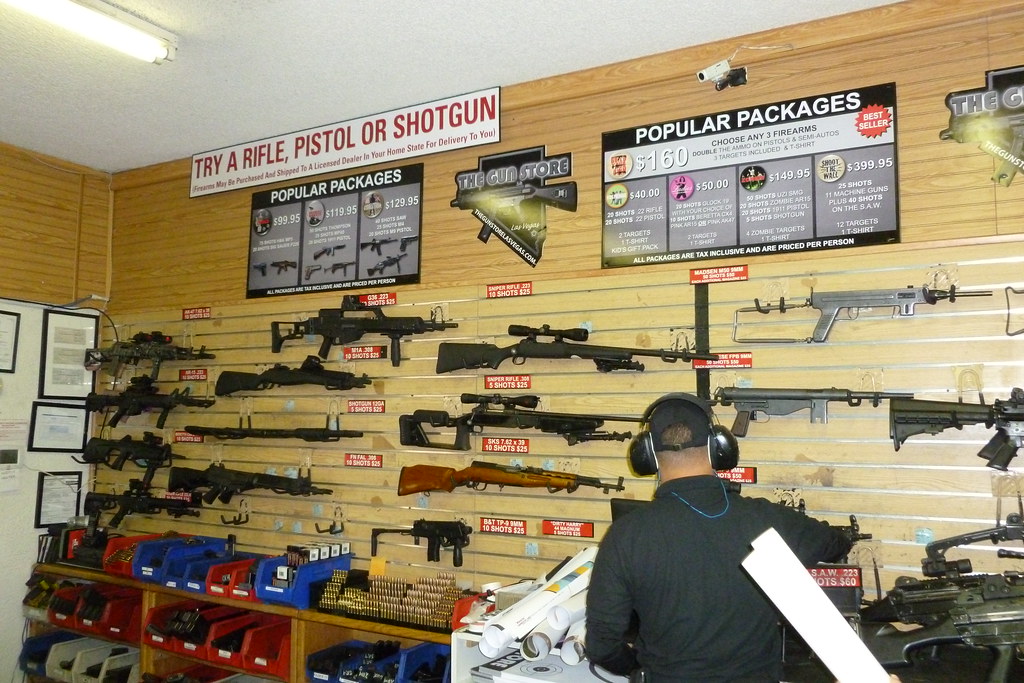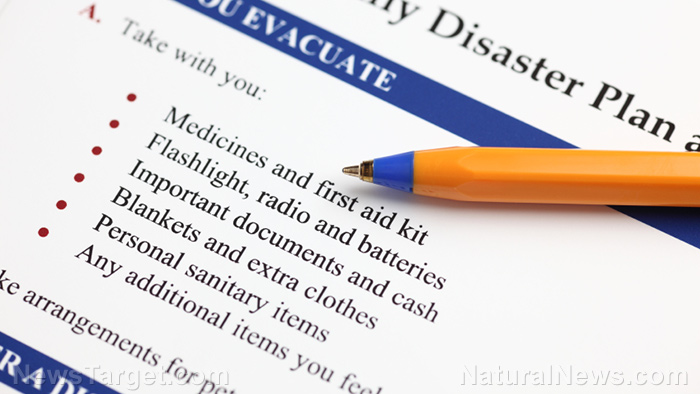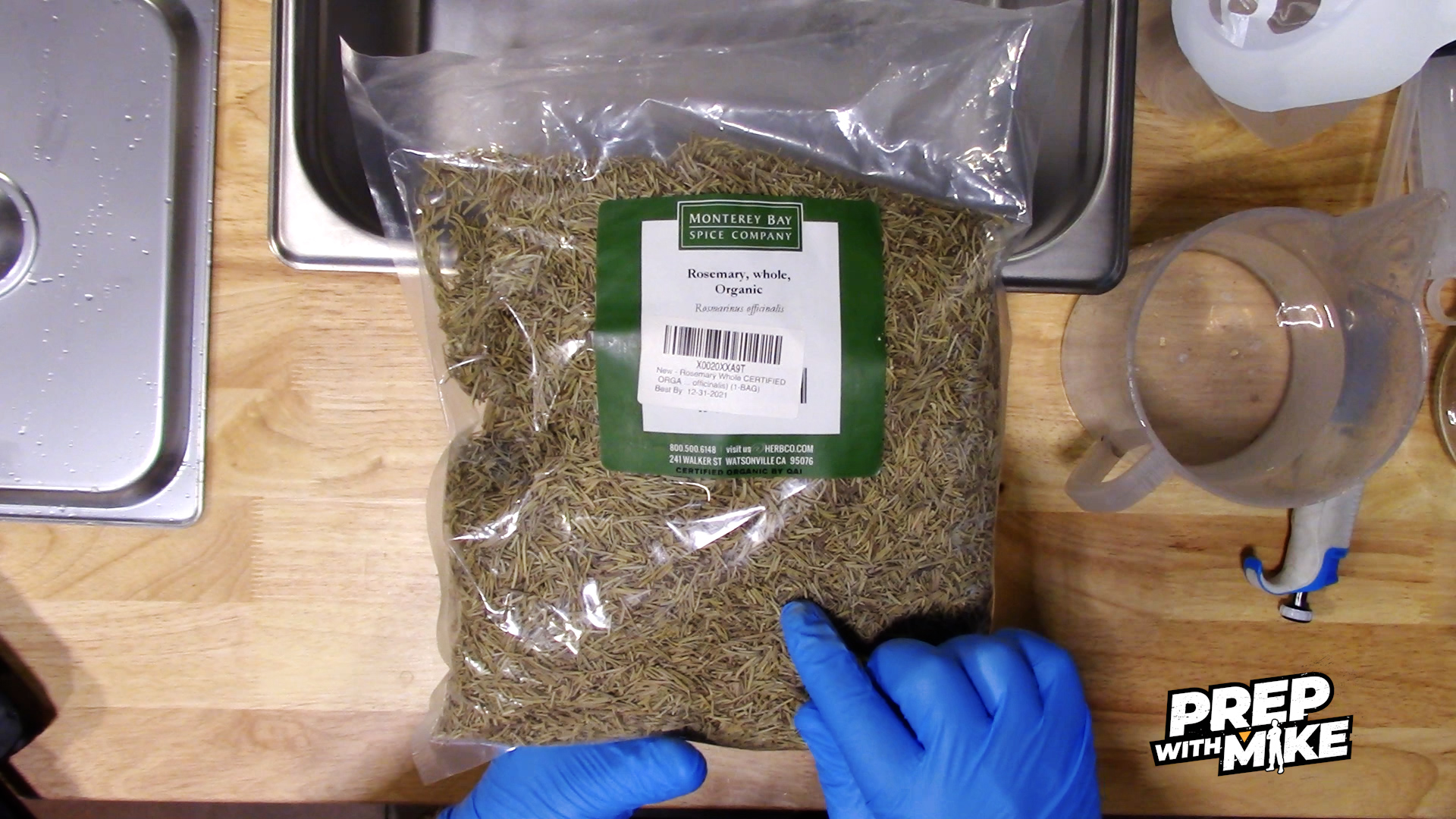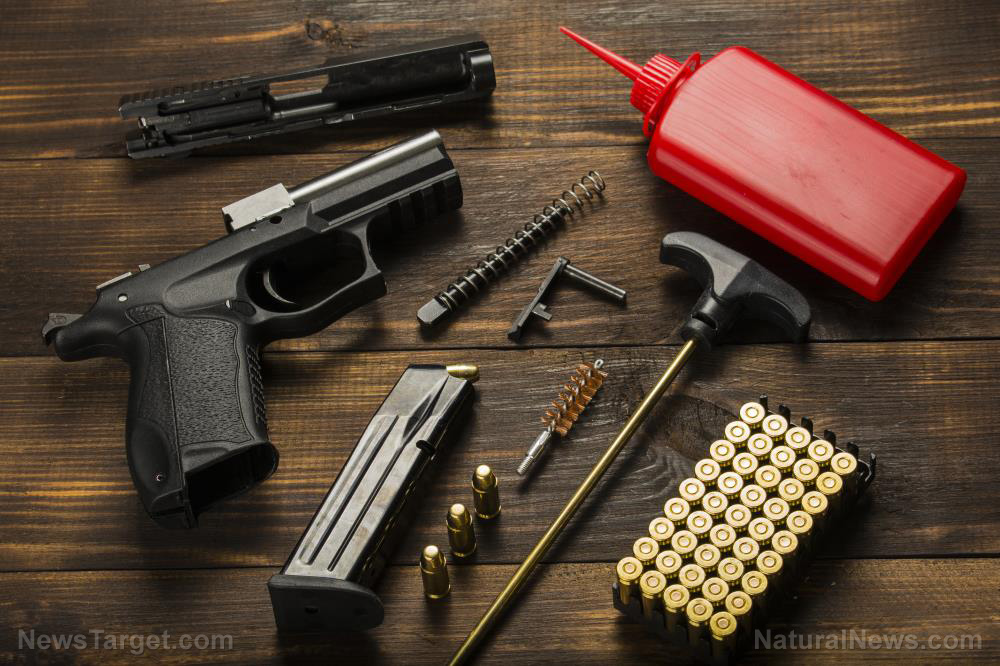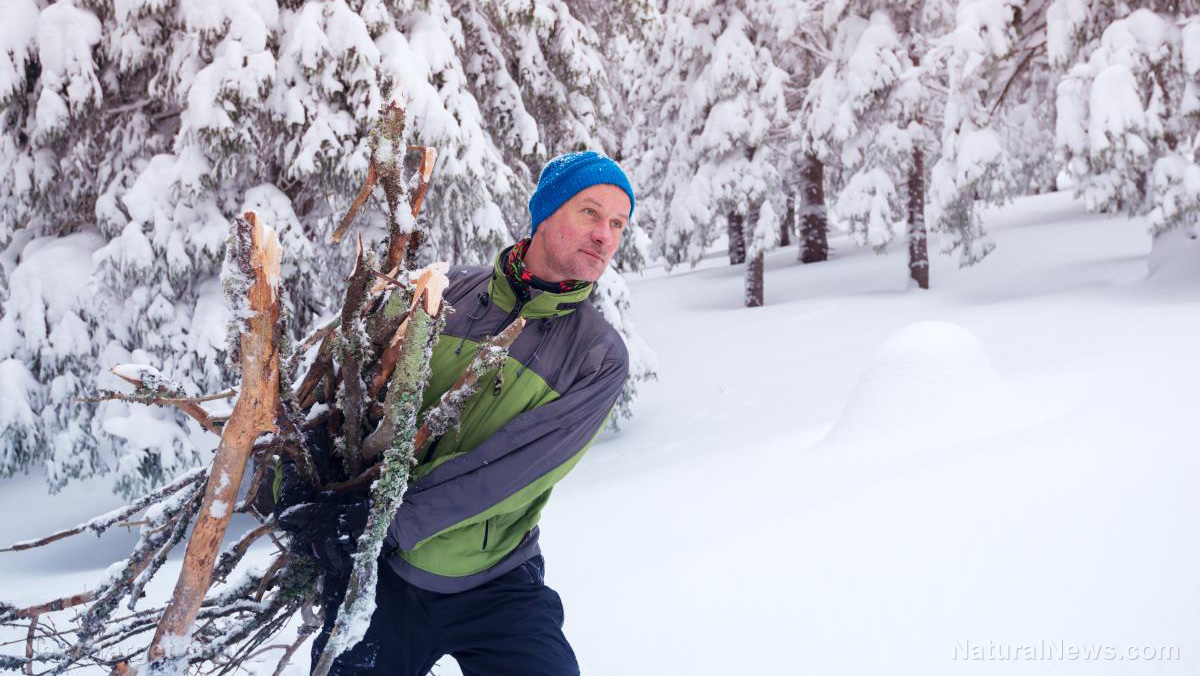History repeats itself: 2 Survival lessons you must learn from the ongoing crisis in Venezuela
10/16/2020 / By Arsenio Toledo
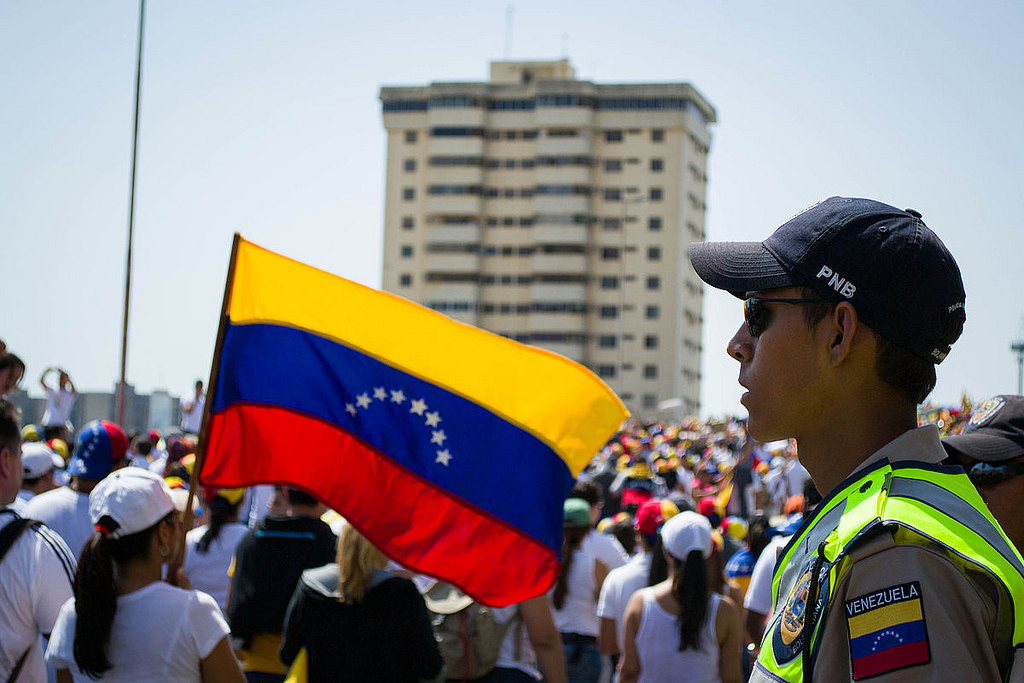
Venezuela under Hugo Chavez was once one of the fastest developing countries in South America. However, when the socialist dictator died and was replaced by Nicolas Maduro, the country started taking a turn for the worse.
Now, Venezuela is in the midst of a massive collapse. There are two rival governments vying for power, the inflation rate is the highest in the world, there are riots in the streets, its once beneficial healthcare system has shattered and its infrastructure is crumbling.
Fortunately, a lot of people have been able to escape Venezuela for greener pastures. Many of these people have brought with them lessons that preppers can learn from, and an understanding that what happened to Venezuela can happen anywhere, which is why people need to start preparing for it now. Here are two key survival lessons to learn from the crisis in Venezuela. (Related: Mass starvation coming: Oil-rich Venezuela doesn’t have enough fuel for its farmers to sow their fields.)
Always take into account your health and the health of your family
Many in Venezuela used to work either for the government or for one of the many government-owned corporations. This used to be a very lucrative proposition, as it came with a ton of benefits, including full coverage medical insurance that included your spouse, children and your parents. Unfortunately, when the collapse began, this expansive medical insurance just disappeared, as the government could no longer fund it.
The lesson from Venezuela is that you need to take care of your health while you can. Stock up on healthful and nutritious foods now, and make sure your stockpile has enough healing herbs and other natural remedies to help you get through a disaster. Furthermore, don’t forget to keep a first aid kit with you in case of an accident.
Understand when to fight and when to bug-out
Since 2016, over 4.6 million Venezuelans have fled their home country for other South American nations like Colombia and Peru. These people understood the value of retreating in order to keep fighting another day. With the murder rate in Venezuela being one of the highest in the world – around 60 murders per 100,000 people, it’s difficult for these people to justify staying in the country. This is especially true given the fact that the country’s dictator has effectively disarmed the population.
Your firearms and self-defense abilities will be able to protect you against bandits and other criminals, but understand that there will only be so much you can do against the force that a dictatorship can unleash on those who speak up against it. Like the millions of Venezuelan migrants, read the signs and learn when the right time is for you and your family to bug-out.
If you’re perceptive enough, you can read the signs early and be among the first to leave. Your first step will be to leave large cities and metropolitan areas and make your way to rural areas, and make your way to safer areas from there if necessary. Being the first to leave the dense urban areas is an advantage, as the first wave of Venezuelan migrants were the ones who had the best chances of surviving – and even thriving.
Venezuela is still going through a collapse, and every day more and more people are learning the hard way what it takes to survive in a failed state. With enough stockpiling of health necessities and enough foresight to learn when you need to bug-out of cities, you can raise your chances of successfully averting disaster.
Sources include:
Tagged Under: bug out, guns, health preparedness, Hugo Chavez, Nicolas Maduro, personal protection, preparedness, prepper, prepping, self-defense, socialism, survival, survival health, survivalist, Venezuela
RECENT NEWS & ARTICLES
COPYRIGHT © 2018 SURVIVALGEAR.NEWS
All content posted on this site is protected under Free Speech. SurvivalGear.news is not responsible for content written by contributing authors. The information on this site is provided for educational and entertainment purposes only. It is not intended as a substitute for professional advice of any kind. SurvivalGear.news assumes no responsibility for the use or misuse of this material. All trademarks, registered trademarks and service marks mentioned on this site are the property of their respective owners.


